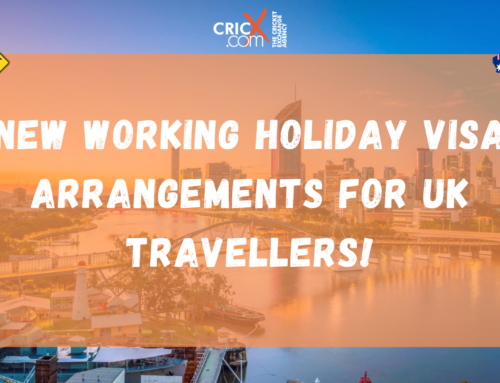A “roadmap” for easing Covid restrictions in England has been announced by the prime minister.
After the first stage in March, further lifting of the rules will happen if certain conditions are met – such as the vaccine rollout going to plan.
The aim is for all restrictions to be lifted, which will happen by 21 June at the earliest.
Stage one is in two parts:
8 March
- All schools and colleges will reopen
- University students can return for practical courses. There will be a review by the end of the Easter holidays for all other students
- Face coverings are recommended in class for secondary school students and also for parents and staff in primary schools
- Wraparound childcare can also return for vulnerable pupils and where it is needed for parents or carers to go to work, support groups or to seek medical care
- Two people from different households can meet outside for recreation, which can include “a coffee on a bench”
- One nominated person can visit care homes, but will need PPE, a lateral flow test and to “keep physical contact to a minimum”
- Weddings attended by up to six people can take place in any circumstances
29 March
- People will be allowed to meet outside, either with one other household or within the “rule of six”, including in private gardens
- The stay at home rule will end but people should stay local as much as possible
- Outdoor sport facilities will reopen, including tennis and basketball courts
- Formally organised outdoor sports can also restart
- Parents and children groups can return but are capped at 15 and must be outdoors. Indoor groups can take place for vulnerable children and where parents need the groups to go to work
Stage two
No earlier than 12 April:
- All shops allowed to open
- Restaurants and pub gardens will be allowed to serve customers sitting outdoors, including alcohol
- Gyms and spas can reopen for individuals and households
- Hairdressers, beauty salons and other “close contact services” can reopen
- UK “staycations” away from home permitted, with self-contained accommodation able to reopen for use by members of the same household
- Children allowed to attend indoor play activities, with up to 15 parents or guardians allowed to join them
- Zoos, theme parks and drive-in cinemas can reopen
- Libraries and community centres can reopen
- Weddings attended by up to 15 people can take place
Stage three
No earlier than 17 May:
- People can meet in groups of up to 30 outdoors
- Six people or two households can meet indoors
- Up to 30 people can meet to celebrate weddings or other life events, like christenings
- Remaining outdoor entertainment, such as outdoor theatres and cinemas can open
- Indoor entertainment such as museums, cinemas and children’s play areas can open
- Hotels, hostels and B&Bs can reopen to household groups
- Performances and large events can resume, with some limits. For indoor events they can be at half capacity or 1,000 people, and outdoors they can be at half capacity or 4,000 people – whichever is lower. For large venues (at least 40,000 capacity) up to 10,000 will be allowed to attend
- International travel will resume no earlier than 17 May
- Adult indoor group sports and exercise classes can start up again
Stage four
No earlier than 21 June:
- All legal limits on social contact will be removed
- No legal limits on the number of people who can attend weddings, funerals and other life events
- Nightclubs and theatres will be allowed to reopen
What are the four tests for easing restrictions?
The gap between each stage of restrictions being eased is expected to be five weeks.
Four conditions must be met at each stage before proceeding to the next one:
- The coronavirus vaccine programme continues to go to plan
- Vaccines are sufficiently reducing the number of people dying with the virus or needing hospital treatment
- Infection rates do not risk a surge in hospital admissions
- New coronavirus variants do not fundamentally change the risk of lifting restrictions
Article via the BBC website (at 22/02/21)





